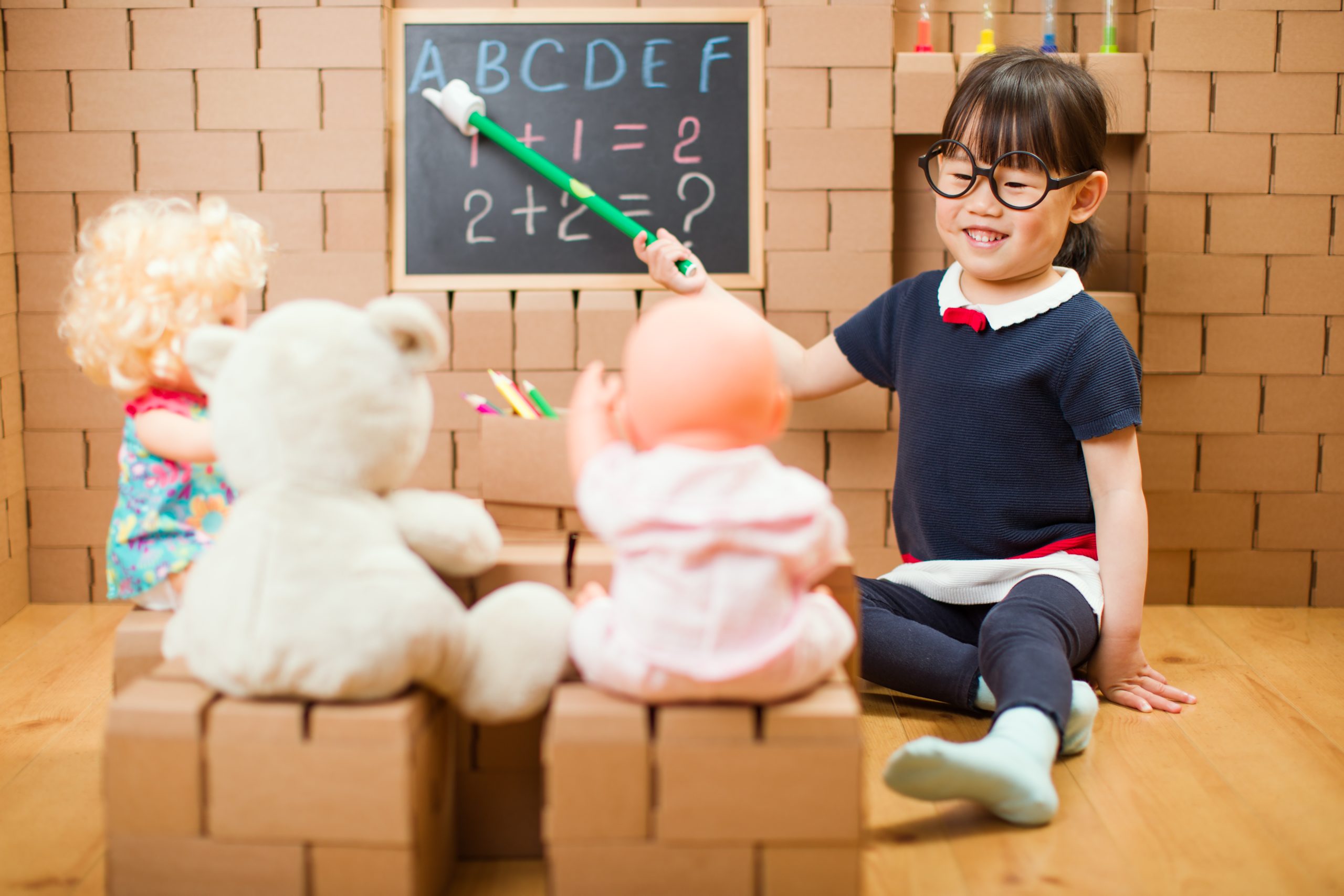
Education is a collaborative effort between parents and teachers. When parents and teachers work together as partners, children thrive both academically and emotionally. In this blog post, we will explore the importance of building a strong parent-teacher partnership and the positive impact it has on children’s educational journey.
Table of contents
Open and Effective Communication
Communication is the foundation of any successful partnership. Parents and teachers should establish open and effective channels of communication to share important information, exchange feedback, and address concerns. Regular communication allows parents to stay informed about their child’s progress, upcoming events, and classroom activities.
Practical Example: Establish a communication system that works best for both parents and teachers, whether it’s through emails, phone calls, or a dedicated parent-teacher communication app. Schedule regular parent-teacher conferences or check-ins to discuss academic progress, social development, and any questions or concerns.
Active Involvement in Learning
Parents can actively participate in their child’s learning journey by being involved in their educational experiences. Engage in conversations about what children are learning in school, provide support with homework and projects, and encourage a love for learning outside the classroom.
Practical Example: Create a designated study area at home where children can focus on their homework and provide necessary materials. Ask open-ended questions about their school day to stimulate conversations about what they learned and encourage them to share their thoughts and ideas.
Establishing a Consistent Routine
A consistent routine is crucial for children’s educational success. Parents can support their child’s learning by establishing a structured routine that includes dedicated time for homework, reading, and extracurricular activities. A consistent routine fosters a sense of responsibility, discipline, and time management skills.
Practical Example: Create a daily schedule that incorporates designated study time, reading time, and breaks. Encourage children to follow the routine and provide guidance when needed. Display the schedule prominently so that children have a visual reminder of their daily responsibilities.

Attending School Events and Meetings
Parents’ active participation in school events and meetings demonstrates their commitment to their child’s education. Attend parent-teacher association (PTA) meetings, school performances, and parent workshops. Engaging in these events fosters a sense of community, allows parents to connect with other parents and educators, and shows children the importance of education.
Practical Example: Mark important school events and meetings on the calendar and make a commitment to attend them. If unable to attend, communicate with the teacher and inquire about ways to stay involved or receive information shared during the event.
Supporting Emotional Well-being
Parents play a vital role in nurturing their child’s emotional well-being, which is closely linked to their educational success. Creating a supportive and nurturing environment at home, promoting positive self-esteem, and addressing any emotional challenges contribute to a child’s overall happiness and ability to thrive academically.
Practical Example: Encourage open conversations about feelings, provide a safe space for children to express themselves, and offer support and guidance during times of stress or difficulty. Celebrate their accomplishments, both big and small, to boost their self-esteem and confidence.
Conclusion
When parents and teachers form a strong partnership, children benefit immensely. The collaboration between parents and teachers creates a supportive and enriched learning environment for children, where their academic and emotional needs are met holistically. By establishing open communication, actively participating in their child’s education, maintaining a consistent routine, attending school events, and supporting emotional well-being, parents become valuable allies in their child’s educational journey.


